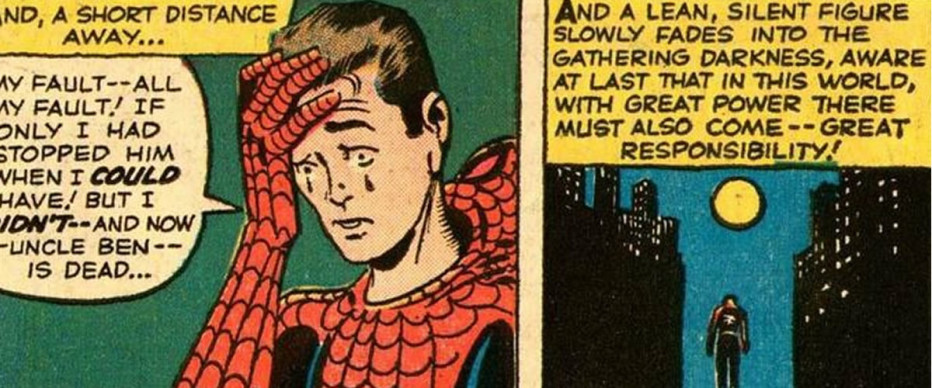The Responsibility of Critique
It could be looked over, experimented with, praised, and taunted without recourse. But once I had finished a few, I went back to the comment sections and found something unexpected.
The creators. These people poured hours of their lives into this “thing”, and they watched and listened to my critiques with an attention unmatched by any ordinary viewer. They asked for clarification, and I felt as if someone had listened in on a private phonecall of mine. But this wasn’t a private matter, in fact this was meant for them to hear. This was more than entertainment for them this was their passion, and for a select few, their livelihood.
The Realization
I realized that a game review is for the developer as much as it is for the consumer. So while I continue to try and make the reviews enjoyable and entertaining, I now write as if the developer is over my shoulder.That doesn’t mean sugar coating my critique so that no one gets hurt.
I’ve worked at an art studio restoring statues since I was in high school, so I know how it feels when your work is dubbed “unsatisfactory”. It hurts, and it takes a strong person to keep themselves divorced from their work, because your work is not you. Everyone is capable of creating unremarkable things, but that doesn’t mean you yourself are unremarkable.
The Result
I carry this mentality into my critiques, so whenever a game has mechanics or features I dub unremarkable, or even bad, I try my best to explain why it is bad, and offer a solution that would improve the game- Anybody can point out a flaw, but it takes actual effort to instead find a solution that fixes that flaw.The greatest satisfaction I get from reviewing games is not when a viewer compliments the review, or when developers approach me wanting their game reviewed. Instead it is when I see shortcomings of a game that were raised in the review, get improved or outright fixed in subsequent updates. Now I won’t lie, part of the satisfaction is from a sense of validation, but the majority is in knowing that my efforts helped to improve the experience for future players.
This approach to game critique is perfect for the OUYA, because these games continue to be tweaked and changed by their developers. Unlike a AAA game, an OUYA release has the potential for major change after its debut. It’s for this reason that I’m committed to constructive assessments in hopes of bettering the games on this platform we love.





